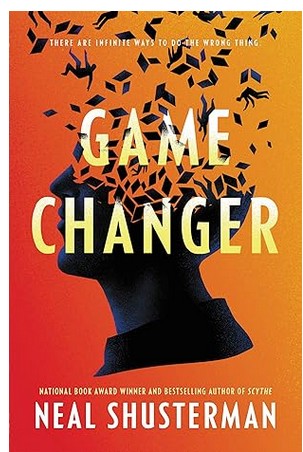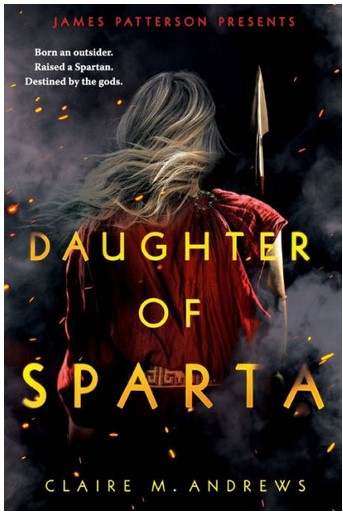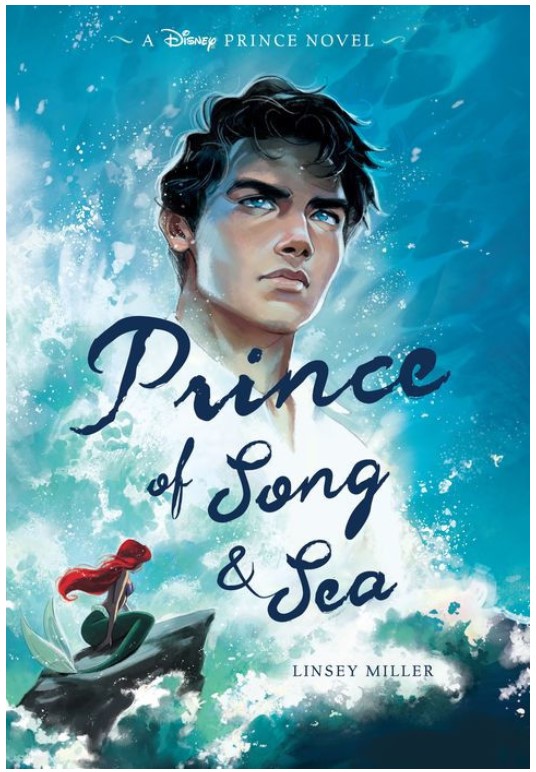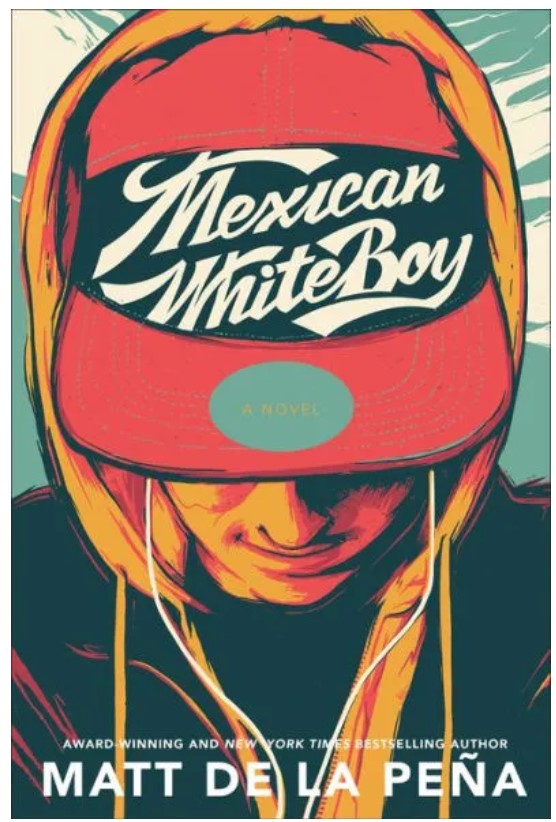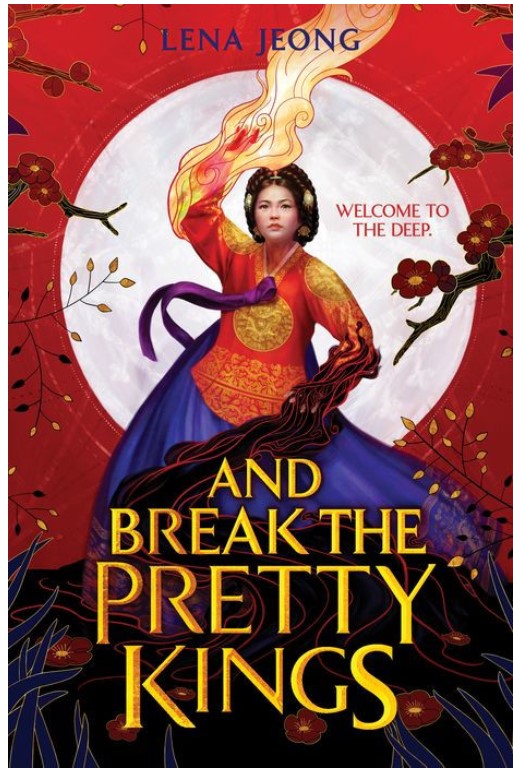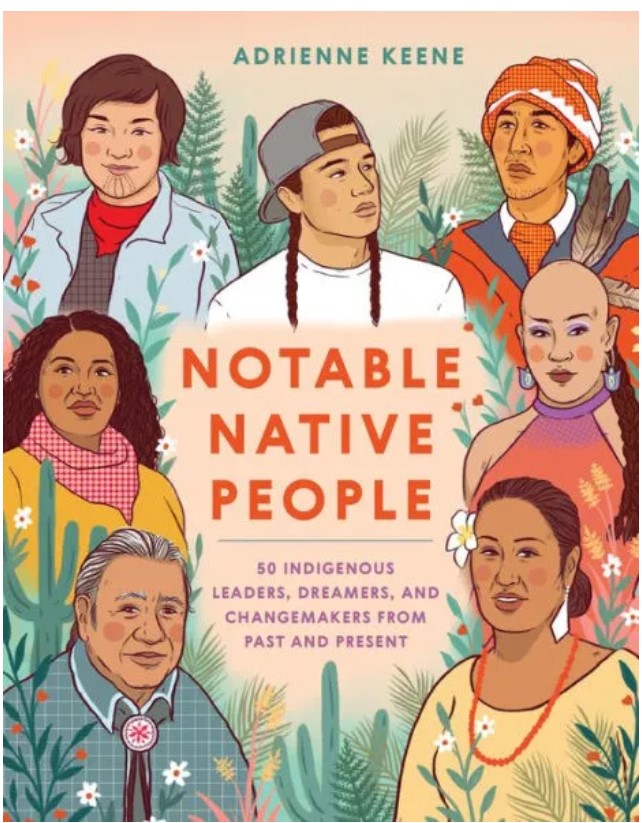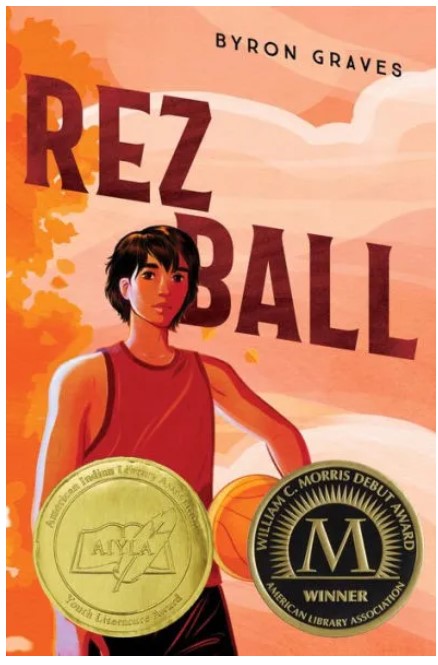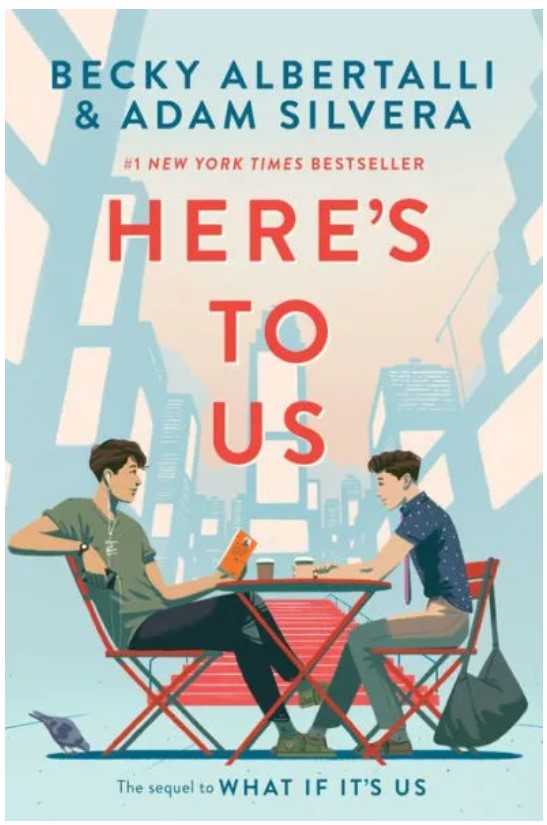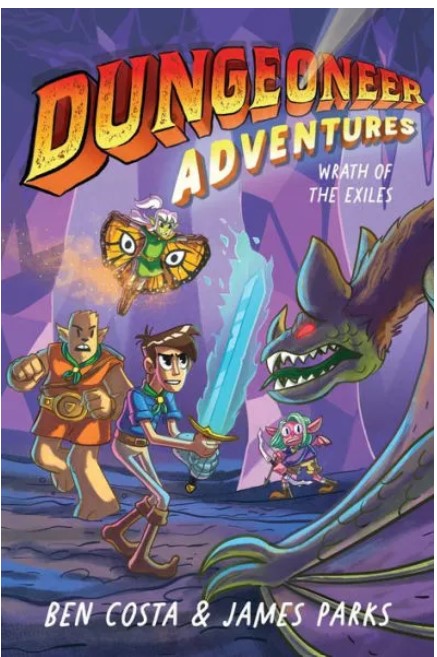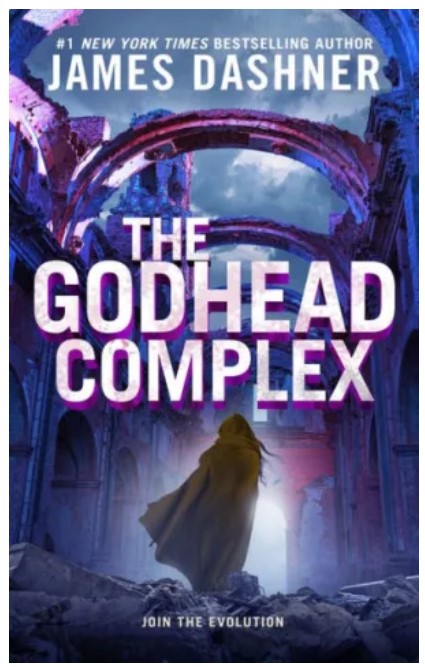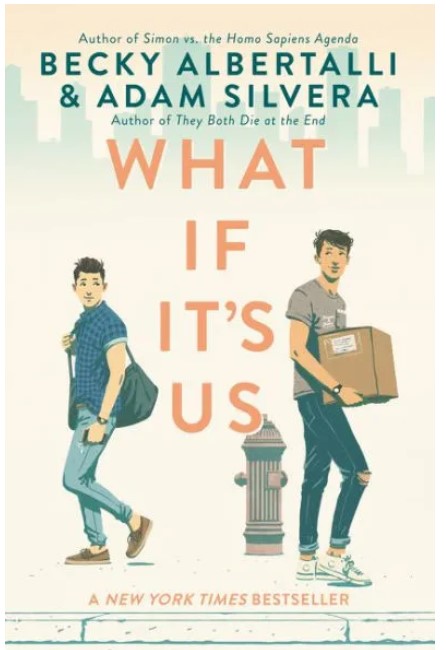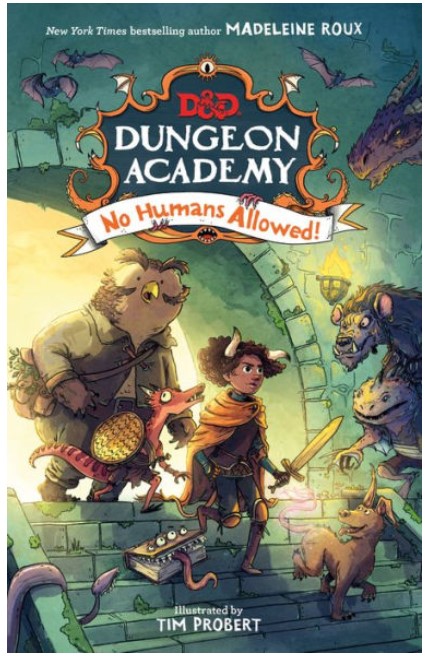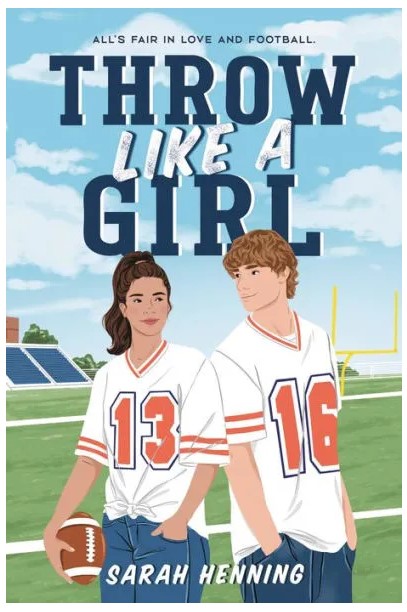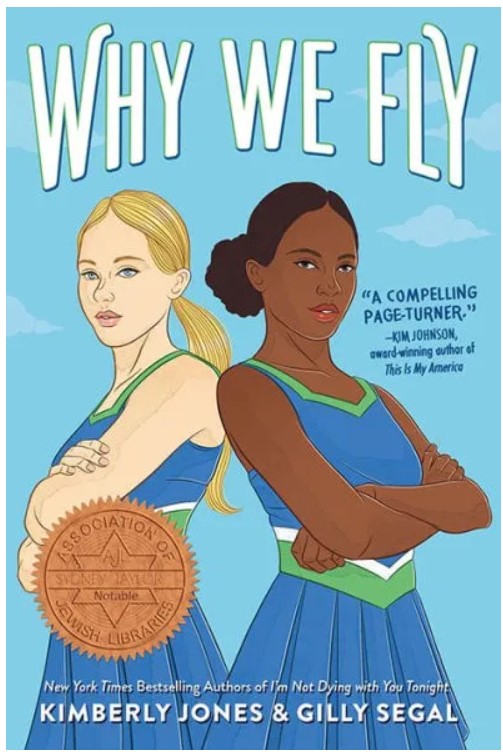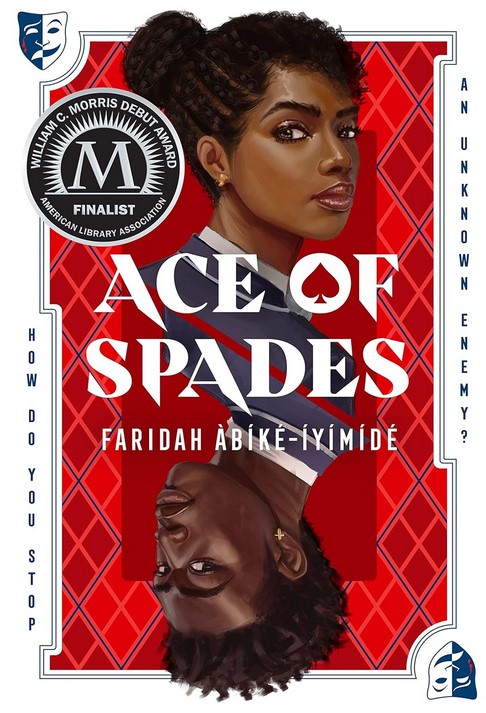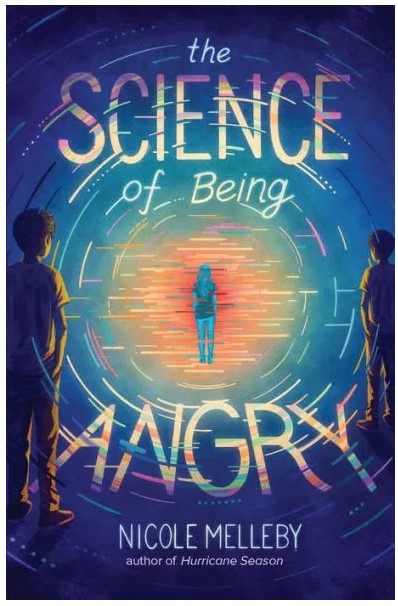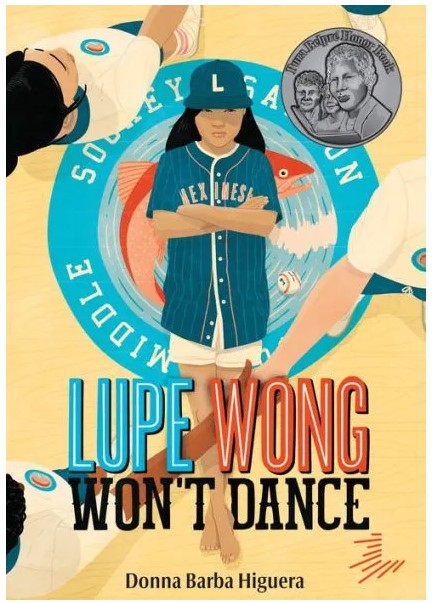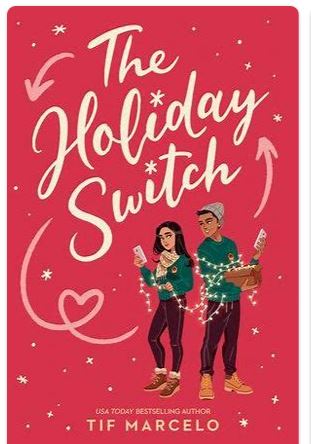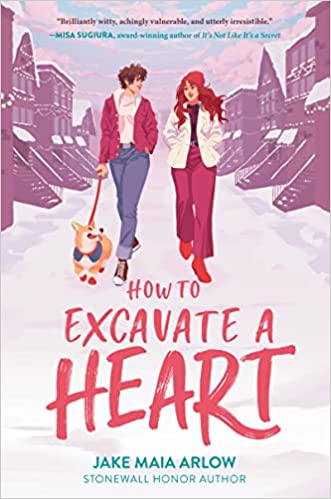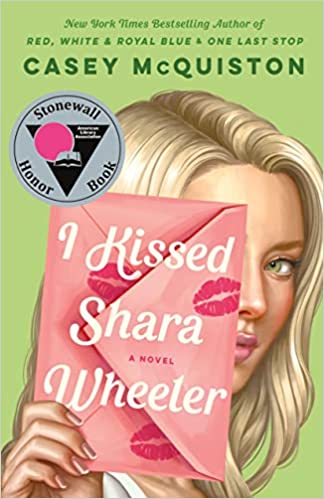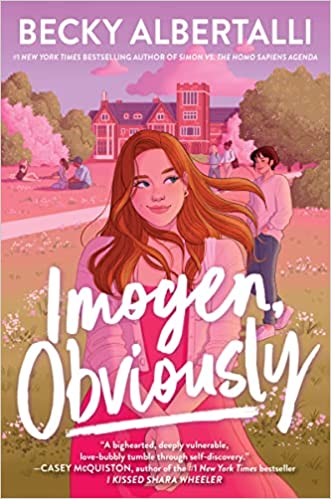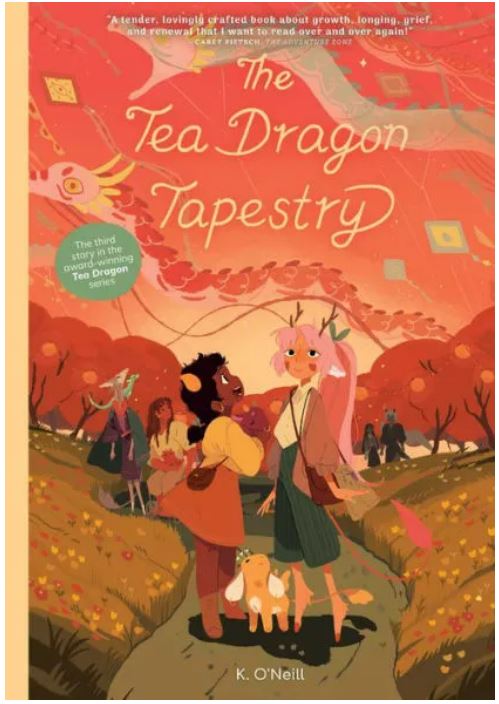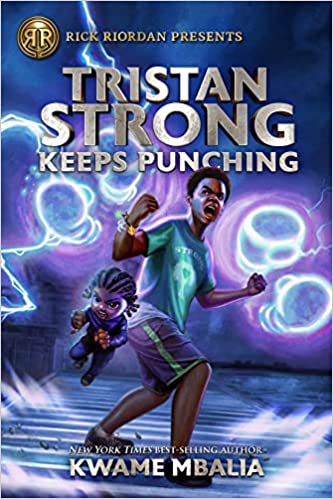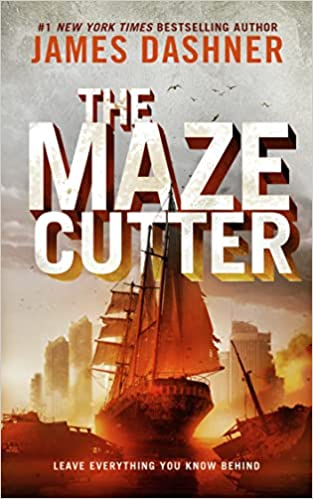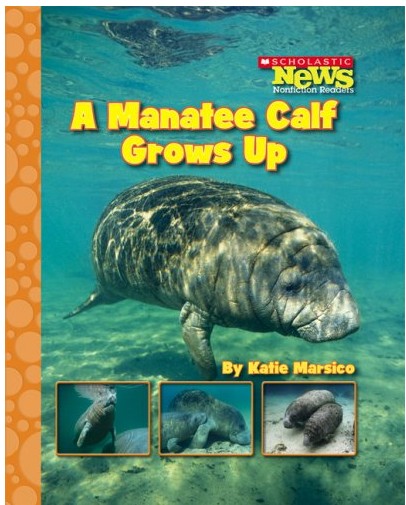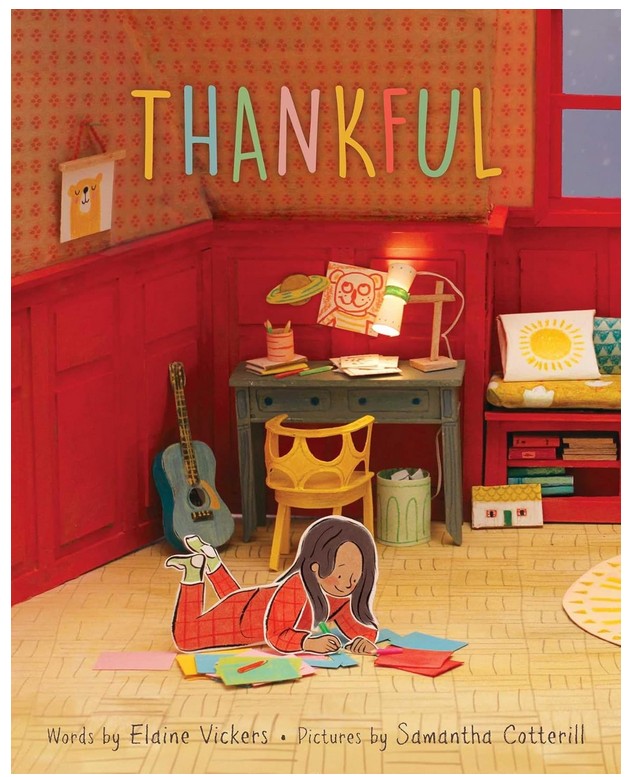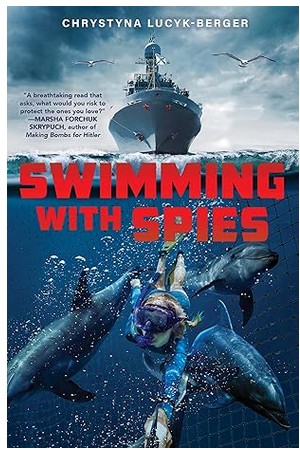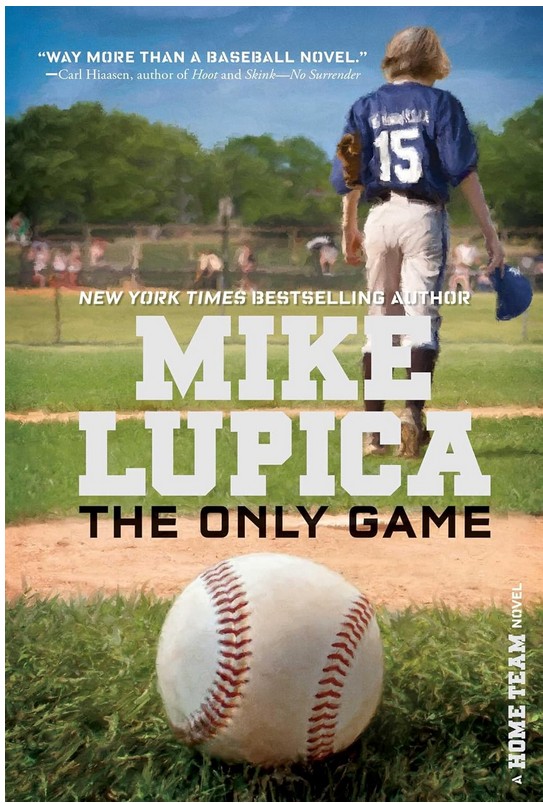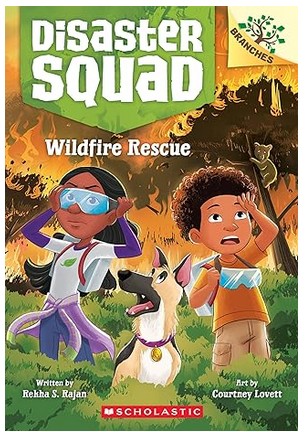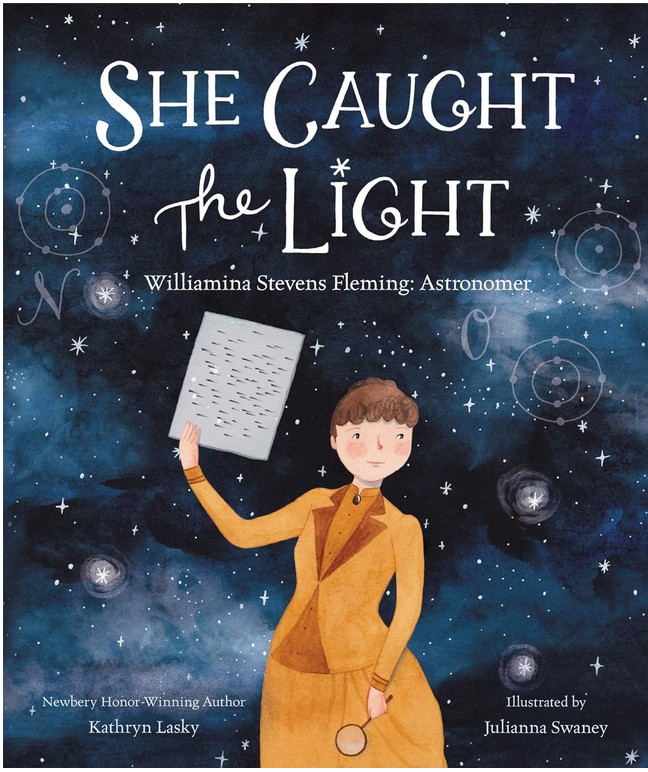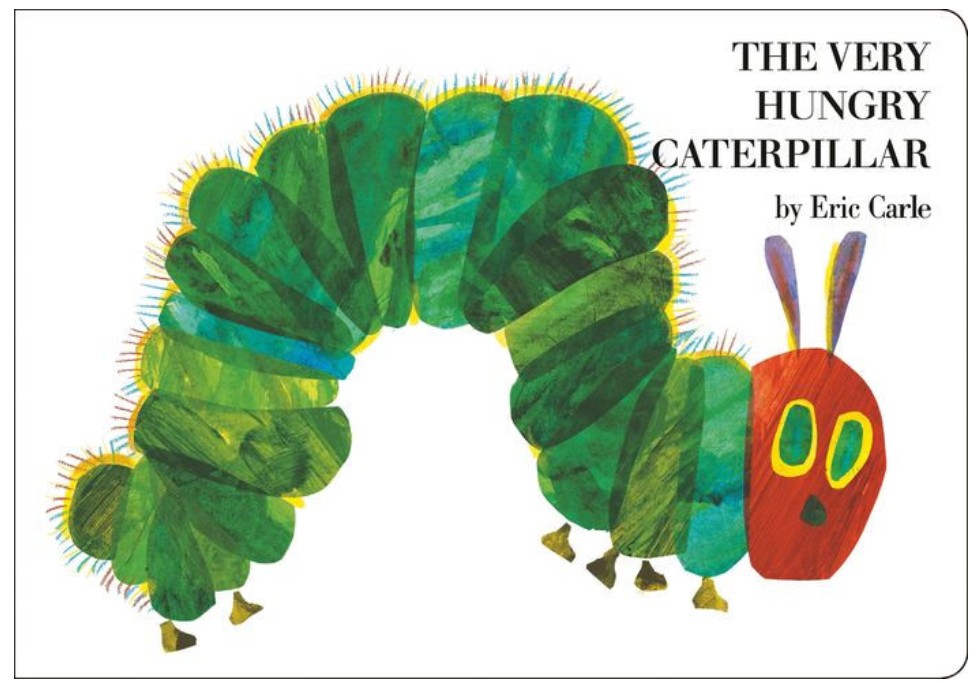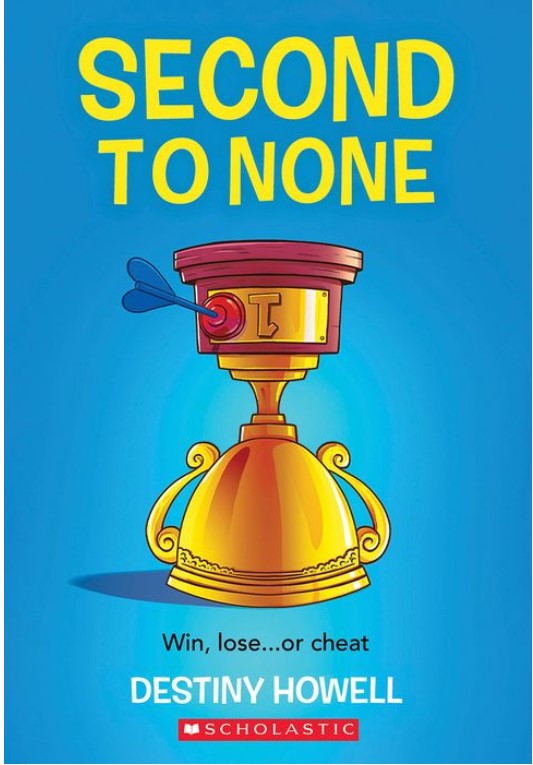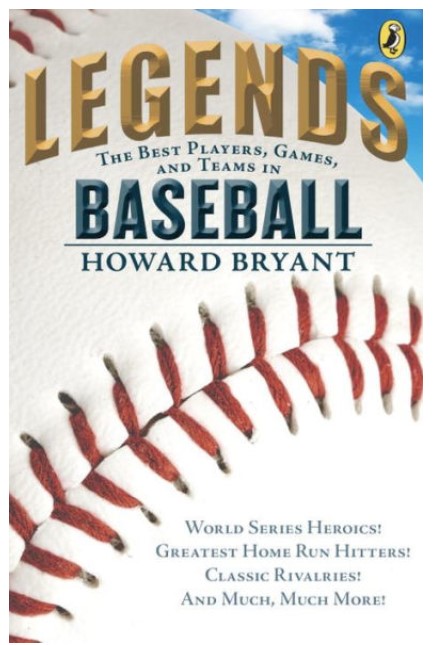All it takes is one hit on the football field, and suddenly Ash’s life doesn’t look quite the way he remembers it. Impossible though it seems, he’s been hit into another dimension—and keeps on bouncing through worlds that are almost-but-not-really his own.
The changes in his world start small, but quickly spiral out of control as he ends up in universes where he has everything he’s ever wanted, universes where society is stuck in the past, and universes where he finds himself as someone he’s never had to consider before.
And if he isn’t careful, the world he’s learning to see more clearly could blink out of existence . . .
Game Changer follows Ash as he jumps into different worlds, forcing him to take a hard look at his own bias and choices. For example, in one dimension, America is still segregated which makes Ash realize that he had little understanding of what it means to be Black in America. In another world, Ash is a self-centered jerk who sells drugs—a version of himself Ash doesn’t like. Each time Ash’s world changes, he is forced to explore the complicated nature of humans and how small decisions can lead to major consequences.
Ash’s world is everchanging which forces him to face many difficult topics such as racism, sexism, and homophobia. This is accomplished not only through Ash’s own experience but also the experiences of people close to Ash. Before jumping to other realities, Ash had never thought about “the idea of basic human dignity being stripped away. . . people whose lives were so far removed from mine, they might as well been on a different planet.” While Ash doesn’t find a way to fix society’s woes, he does become a better person by realizing how his own biases affect his relationships.
Game Changer explores the idea of having a multiverse; however, the plot is easy to understand because Ash is surrounded by a core group of characters that appear in every world. The fast-paced plot isn’t afraid to take a deep look at complicated issues and forces the reader to question their own biases and choices. Shusterman doesn’t give a cure to the world’s illnesses, but instead reminds us of how little we understand and that “only by being humbled can we ever hope to be great.”
Sexual Content
- Ash’s friend says he’s only interested in “food and sex.”
- In one of Ash’s worlds, he “secretly hooked up last spring” with his best friend’s sister. Ash thinks his other self would never “hook up with his best friend’s sister behind his back.”
- Ash has a crush on Katie, who is dating someone on the football team. Ash and Katie hid behind the bleachers so they could talk, but then Ash “leaned forward and gave her a gentle kiss.” He apologized afterward, and Katie said, “I didn’t say not to do it again. Just don’t do it now.”
- In one of Ash’s worlds, he is gay and has a boyfriend named Paul. When alone, Paul kisses Ash. Ash says, “The kiss pretty much laid waste to my brain.” At first, Ash is conflicted, and then he “kissed Paul with such force, we both stumbled back against the closed front door.”
- The gay Ash remembers when he was twelve, “[he] would sometimes get a hard-on in the locker room. [He] was good at hiding it though.” In ninth grade, he “made out with a friend the night before he moved away.”
- In the hallway at school, Ash gets everyone’s attention and then “turned to Paul, and planted one on him that was even better than the kiss at my front door.”
- In one reality, Ash is a girl named Ashley. It is implied that she had sex with her boyfriend.
- A teen says, “Personally, I’d have loved a wide receiver on top of me” before taking off after a guy.
- In one universe, Ash is “an all-American vagina-loving straight boy.”
Violence
- The story implies that one of the characters is physically abusive, and he is definitely emotionally abusive to his girlfriend.
- Ash decides to stop selling drugs. His drug supplier shows up with two other men, whom Ash calls Thing One and Thing Two. “Thing One was holding me, and Thing Two was swinging away. It was all fist. . . I kicked, swung, and elbowed. . . I was doubled over, and although my knees were buckling from the pain, Thing One kept me on my feet so they could keep hitting me.” Ash shifts, and the drug supplier and his two goons cease to exist. People assume that Ash was beaten up because he is gay.
- Ash recounts how “in 2016, nearly fifty people were killed by a gunman armed with semiautomatic weapons at the Pulse gay nightclub in Orlando. In 1998, Matthew Shepard was tortured, beaten, then tied to a fence, and left to die just because he was gay.” Ash lists several others who were killed for being gay and how they died.
- While working at a grocery store, Leo, a Black teen, sees a homeless guy who is “not strung out or anything, just wrong in the head.” One of the managers corners the homeless guy. “The guys got a knife, and he’s scared out of his mind. Because my manager’s pulled a gun on him. . . [Leo knows] from the look on [his] manager’s face that he’s gonna pull the trigger. So I take my manager down before he can. . . the gun goes off, shattering the deli case. And the homeless guy gets away.” Leo is arrested and put into jail.
- Multidimensional beings try to help Ash. Teddy gives Ash advice, but when things go wrong, the others punish Teddy by putting him in a burned-down church. “Down in the pit. Teddy sat, tied to a chair. He was in bad shape. Bruised, bloody.”
- In one dimension, Ash is a female named Ashley. In this world, Ashley’s boyfriend, Layton, bruises her, “but never on my face. They’d appear on my arm when he’d grab me to stop me from storming away.”
- While Paul is tutoring Ashley, “out of nowhere . . . I leaned in and kissed him.” Paul gets upset and leaves. When Layton finds out, he beats Paul up.
- Layton tells Ashley to meet him at the park. When she gets there, Layton has a baseball bat “smeared with blood and Layton was splattered with it.” Layton confronts Ashley, and then “he brought his arm up across his chest and swung it in a brutal backhanded slam across my face so powerful it spun me around and knocked me to the ground.”
- Layton takes out a gun, intending to use it. “In that moment, [Ashley] saw three worlds unfolding: The world where he killed me and ran away. . . the world where he put the gun in his own mouth and blew his brains out in front of me. . . and the world where he did both.”
- Paul arrives at the park, takes the bat, and swings it. “The bat connected with the nape of Layton’s neck. I could hear the vertebrae fracture. Layton crumbled to the ground. . .” Layton survives but is paralyzed from the neck down.
Drugs and Alcohol
- In several of Ash’s parallel worlds, he sells drugs from his family’s store. The drugs include “pills, powders, and weed.” The drugs also include steroid powder. He would sell the drugs at “parties, and in school hallways, and out back of various local hangouts.”
- Ash “even supplied coke to Mr. Gilbreath, my English teacher, who was an old hippie.”
- Ash’s parents don’t notice his side job. Ash thinks, after his mom’s “nightly bottle of merlot, [she] wouldn’t care if a pallet of heroin was airdropped through the living room ceiling.”
- Ash doesn’t sell heroin and meth, so he doesn’t think of himself as “a drug dealer—I was a recreational entrepreneur.” However, he does sell ecstasy and oxycodone.
Language
- Profanity is used often. Profanity includes ass, bitch, bastard, crap, damn, dickwad, douchiness, goddamn, fuck, hell, pissed, and shit.
- God and My God are used as exclamations once.
Supernatural
- During a football game, when Ash gives a power hit, he feels “a sudden surge of phantom cold . . . like my blood had been replaced by ice water, but only for an instant.” Later, he discovers that he has caused a shift in time and is now in another dimension.
- When Ash is hit, he goes to “Elsewhere.” Each time he does this, his world changes. “Each time I’m in Elsewhere, I can sense the different realities around me. They feel alive. They feel . . . needy. Like they’re afraid of being left behind.”
- Ash meets “multidimensional beings that project into” his world. They try to help Ash navigate his abilities. The beings say there may or may not be a God, but if there is a God, “then the universe would be an it rather than a he/she/they. . .”
- The people closest to Ash remember part of the previous world. “It’s called the proximity effect. The closer someone is to the subjective locus, the more likely they, and even people around them, are to have stray memories from other existences.”
Spiritual Content
- Ash describes one of his friends who makes “stupid decisions and say[s] all the wrong things at the wrong times, like maybe he was taking a dump when God was handing out common sense.”
- After a time shift, Ash thinks, “Maybe this was the life I was supposed to be living, and the universe, or God, or whatever, decided to fix it.”
- Ash tries to understand what is happening. He thinks, “Faith would tell us that we are a spark that exists separate from the drama of our lives.”
- To avoid the man who supplies his drugs, Ash closes the store and posts a sign that says “Closed for Religious Reasons.” Ash checks and discovers it is “Yom Kippur—the Jewish day of atonement. The perfect day for my ‘special customers’ to repent from their drug habit.”
- After Ash makes three people cease to exist, Ash feels “guilt and shame. Like somehow I had pissed in God’s teacup, and not even he knew.”
- Ash wants to change the universe for good. He thinks, “My grandma would say God was working through me, because that’s the way he worked.”
